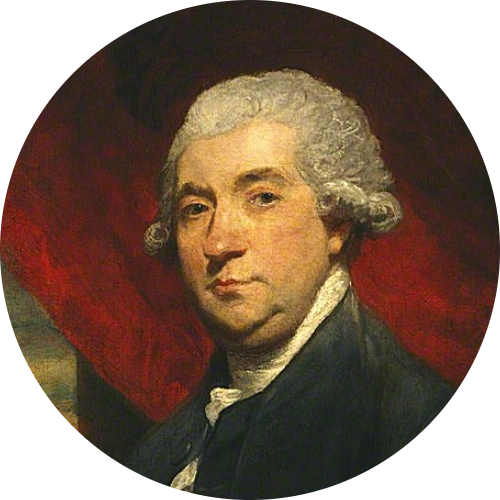British military officer, the son of Louis Ourry (1682-1771), a Huguenot refugee from Blois, and his wife Anne Louise Beauvais. He was married and had at least one child, Anne (ca. 1750-aft. 1819), who married James Furzer of the Royal Marines (d. 1799) in 1794. One of Ourry's brothers was Paul Henry Ourry (1719-1783), who served as Member of Parliament for Plympton Earle from 1763 to 1775.
As a Captain in the British Army, Ourry spent several years in America, serving in the 60th Regiment of Foot ("The Royal American") from 1756 to 1765. From 1760 to 1764 he was even commander of Fort Bedford, an important logistic link between Carlisle, Pennsylvania, and Fort Pitt (located in present day Pittsburgh), where Ourry was charged with the duty of paying the troops on the frontier, contracting for provisions and supplies, hiring or impressing wagons, teams packhorses and their drivers, and keeping accounts of the King's money spent in all these transactions.
After some years in London, in 1772 he Ourry purchased a company in the 15th Regiment of Foot, and he became stationed at Fort Augustus in Scotland until 1774. In the fall of 1774, Ourry went with the regiment to Ireland and stayed with it until 1777, when it was ordered to America. Ourry sold his commission, purchasing instead the Majority at the Fort at Kinsale. He died there in 1779, having also become Commissary for Prisoners of War.
The primary biographical source for information about Ourry is Donald Cornu's 1952 article "Captain Lewis Ourry, Royal American Regiment of Foot", published in Pennsylvania History: A Journal of Mid-Atlantic Studies, vol 19 no. 3.
Boswell and Dr Johnson had breakfast with Ourry and a couple of other officers during their visit to Fort Augustus on August 31, 1773. Boswell wrote of Ourry that he and fellow officer Captain Isaac d'Aripe had "been in the American war, and entertained Mr Johnson much with accounts of the Indians. He said he could make a very pretty book out of them were he to stay there."
